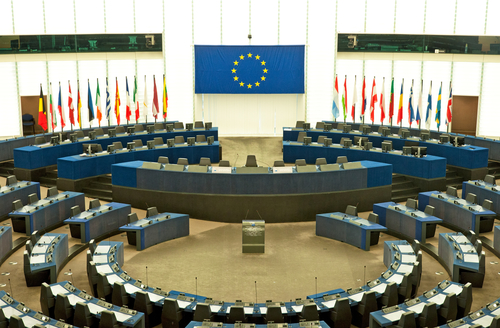
Will the new von der Leyen Commission deliver on climate policy?
Yesterday, during its first plenary session, the newly elected European Parliament confirmed Ursula von der Leyen as President of the European Commis...
News

Publish date: May 11, 2015
News
Rapporteur on the file, Lithuanian MEP from the Christian Democrat group Algirdas Saudargas, secured 42 votes in favour of the draft report, with 13 against and 4 abstentions. The report includes two compromise amendments concerning CCS (see below).
“With this vote, European politicians are asking for more concrete steps on delivering CCS. Especially welcome are the asks for both improved conditions for CCS deployment and funding provisions. We look forward to seeing this being followed up,” says Bellona Europa Director, Jonas Helseth.
Both of these compromise amendments were supported by a voting block comprising the Parliament’s two largest groups, the Christian Democrats (EPP) and the Socialists and Democrats (S&D), with the Conservatives (ECR).
Bellona has long drawn attention to the role of CCS in achieving increased energy security while safeguarding the climate. In May last year, Bellona circulated a policy document outlining why CCS is the only technology that can attain both energy security and climate objectives. Renewable energy sources are essential, but in the shorter term they will not be able to meet Europe’s energy needs and fossil fuels will continue to play a role. A future without CCS would therefore result in a Europe resorting to either unabated, polluting indigenous fossil fuels or relying on insecure and expensive imports. Read more here.
What are the next steps?
A debate on the committee’s draft report is scheduled in Plenary for 8 June, with the vote envisaged to take place on 9 June.

Yesterday, during its first plenary session, the newly elected European Parliament confirmed Ursula von der Leyen as President of the European Commis...

From July 1st, 2024, to December 31st, 2024, Hungary is holding the Presidency of the Council of the European Union (EU), following Belgium’s tenure....

In October 2023, Bellona Europa announced a new FedEx-backed initiative Ports2Decarb – a project aiming to maximise the role of European sea and rive...

Bellona, together with other 29 members of the industrial carbon management community and umbrella organisations, express its support to the inclusio...
Get our latest news